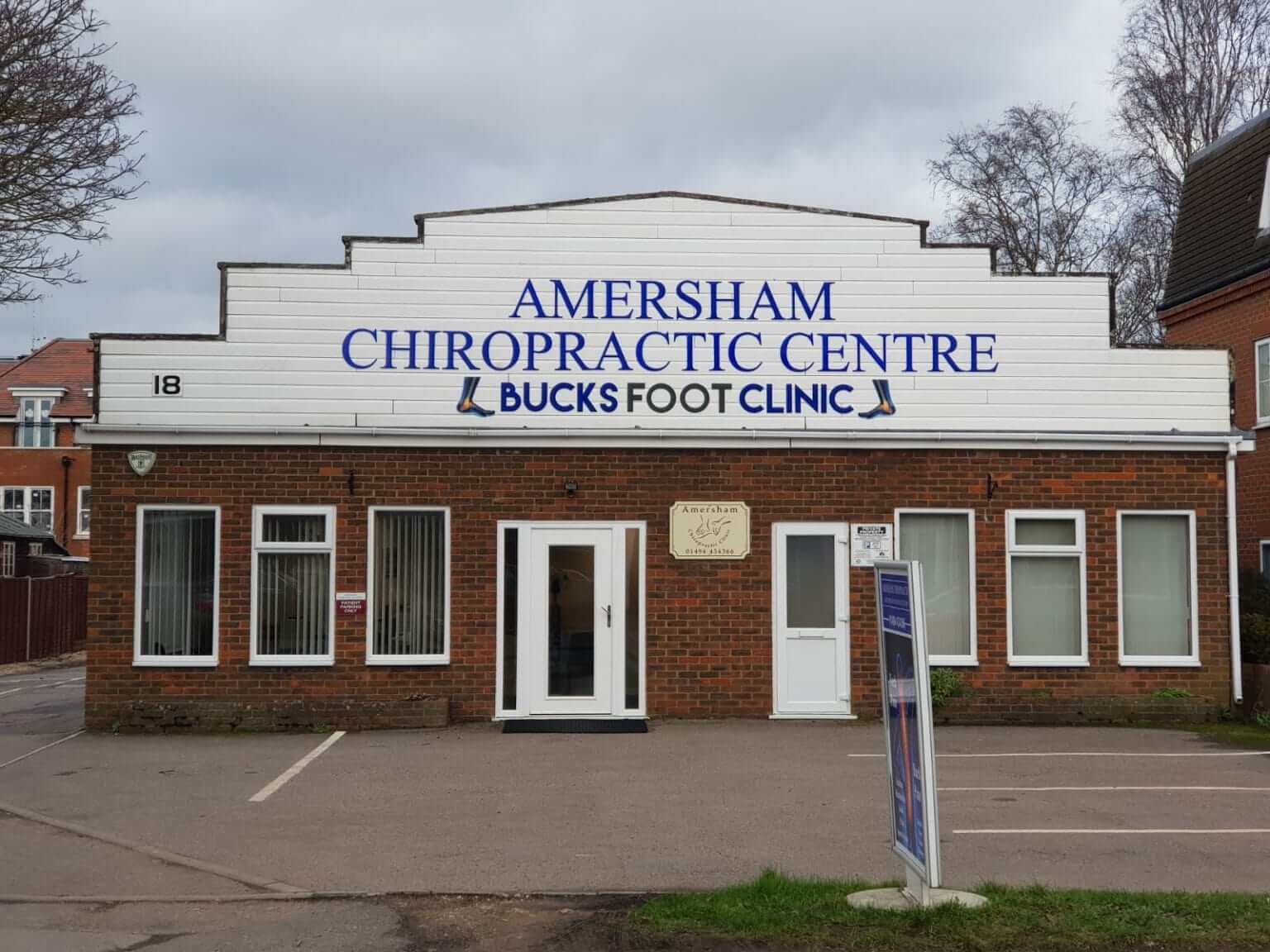
Have you ever asked yourself, “What’s the difference between a verruca and a corn?”?
One of the very most common problems people face with their feet is the development of warts and Verruca infections on their feet. They’re extremely common in most children and young adults, with people having developed at least one verruca on their feet at some point in their life. Verrucas are not pleasant at all. Verrucas are actually a type of wart and not just warts themselves, and are caused by the Human Papillomavirus (HPV). It’s very easy to confuse a Verruca for other ailments like corns and other types of warts, but Verrucas are very distinct if you know what to look for.
So, if you want a run-down of what sets a verruca apart from a corn, read on!
Verrucas Vs. Corns: The Key Differences
Most people tend to confuse Verrucas for Corns. A lot of times, patients come in after “mistreatment” caused by the confusion. When you can’t tell if it’s a verruca or a corn, it’s probably best to see a medical professional (why not book an appointment with Bucks Foot Clinic?) before you treat it at home. The wrong treatment for the wrong lesion can sometimes even lead to more serious problems. So it’s best to know how to SPOT the difference between these spots.
- Is It Contagious?
A key differentiating factor is whether the spot is contagious or not. Verrucas are viruses (often called a Verruca Infection) caused by HPV. They are highly contagious (commonly seen when children with HFM Disease interact with other children on playgrounds). Corns, on the other hand (or foot!), are cone-shaped pieces of hard skin that form on areas of pressure. They are formed by friction and are not contagious.
- What Kind Of Skin Is It On?
Verrucas aren’t picky. They see all feet as fit for infection. Corns, however, tend to form on dryer skin. So, if you have normal skin and notice something odd, it could just be verrucas on your feet. - Incubation?
Verrucas have a long incubation period that can range from a couple of months to a year. Corns tend to form over a long period of time from constant pressure and friction, while Verrucas seem to kind of just “show up” out of the blue. - Striations?
When you look closely, it’s easy to tell whether it’s a verruca or corn. Verruca infections tend to be sneaky and interrupt the striation (or lines) on your skin. Corns don’t do this; they’re quite out and proud. - Does It Have Black Dots?
Verrucas on feet tend to have black dots in the centre where the blood has clotted on the surface of your skin. Corns don’t have these black dots.
- Is It Yellow And Raised?
The skin on top of and around a Corn tends to be hard and thick, raising the skin. It can also give it a slightly yellow tone. Verrucas do not look as yellow and raised, they actually tend to be flatter because of the constant pressure put on them. - What’s The Shape Like?
Corns tend to have a conical, circular shadow to them, without any disruption of skin striations. Verrucas have an odd cauliflower-esque shape to them in comparison.
These are some of the key factors that tell you what the difference between a verruca and a corn is. Now that you know whether it’s a verruca or corn that’s bugging you, it’ll be much easier to manage. Though it is best to see a Podiatrist rather than try to treat it on your own. Especially if it’s a verruca infection.
Making Sure you’re dealing With A Verruca Infection (Conclusion)
To sum it up, here’s how you can tell if you have verrucas on your feet:
- There’s a black dot in the center (in most cases)
- The “wart” is oddly cauliflower-shaped
- You feel a stinging “stepping-on-a-needle” type of pain when you apply pressure
- The lump is small and rough
- You may have multiple on your hands and around your mouth as well (in the case of Hand, Foot and Mouth Disease, or HFM for short, which is common in most children)
If you think you’re dealing with a verruca infection or verrucas on your feet, don’t hesitate to see a podiatrist. You can book an appointment with Bucks Foot Clinic for the best verruca treatment in town!
Please call us on 0800 107 3290 / 077 99 122 099 Or contact us now
